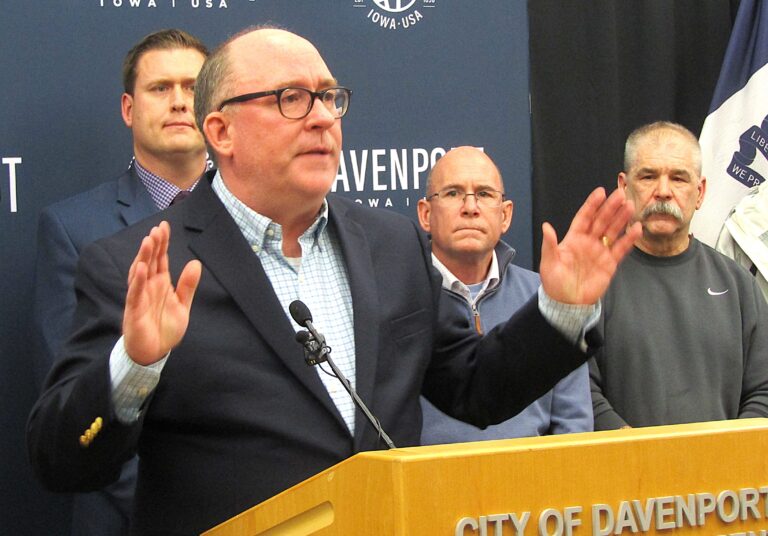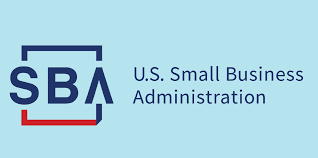Employee feedback is no longer a “nice-to-have” – it’s a strategic necessity.
As organizations navigate hybrid work models, shifting employee expectations, and a competitive talent market, listening to employees has become essential for building resilient, high-performing teams.
According to MRA’s Evolving Workplace survey, 51% of employers are prioritizing employee feedback and adaptability, while 65% are investing in strategic initiatives aimed at improving employee experience. These numbers reflect a growing awareness: when employees feel heard and valued, organizations thrive.
The strategic role of employee surveys
When thoughtfully designed and executed, surveys can uncover insights that inform leadership decisions, strengthen workplace culture, and boost retention.
- Engagement surveys assess motivation and emotional investment in the organization.
- Satisfaction surveys explore how employees feel about their roles, compensation, leadership, and work environment – factors that influence morale and turnover.
- Culture surveys evaluate alignment between organizational values and employee perceptions, helping leaders understand whether their culture supports long-term goals.
Designing surveys that deliver
To gather actionable insights, surveys must be carefully crafted. Consider these best practices:
- Clarify Your Objectives: Define what you want to learn – whether it’s improving engagement, refining culture, or addressing satisfaction gaps.
- Ask the Right Questions: Ensure questions are relevant, unbiased, and aligned with your goals.
- Use a Variety of Formats: Combine quantitative (e.g., rating scales) and qualitative (e.g., open-ended) questions to capture a full spectrum of feedback.
- Protect Anonymity: Confidentiality encourages honesty and increases response rates.
- Act on the Data: Analyze results, communicate findings, and implement changes that reflect employee input.
Turning feedback into action
The real value of surveys lies in how organizations respond. Sharing results, outlining next steps, and making visible changes can build trust and reinforce a culture of transparency.
The business case for listening
Organizations that prioritize employee feedback often see tangible business benefits. Engaged employees are more likely to stay, perform at higher levels, and advocate for the organization. Moreover, a culture of listening fosters innovation – when employees feel safe sharing ideas and concerns, they contribute more fully to the organization’s success.
Research consistently shows that companies with high employee engagement outperform their peers in profitability, customer satisfaction, and productivity. In this way, employee feedback is a driver of competitive advantage.
The value of expert guidance
Survey design is both an art and a science. Partnering with experts can help ensure your questions are clear, your methodology is sound, and your results are meaningful. With the right support, organizations can move beyond data collection to real transformation—building workplaces where employees feel heard, empowered, and engaged.
Kristie Haase, SPHR, SHRM SCP, is the Employee Engagement Survey director at MRA. She can be contacted at [email protected]. To connect with MRA’s office in Moline, contact Ashley Gomez, member relations manager, at [email protected] or (309) 764-8354.







